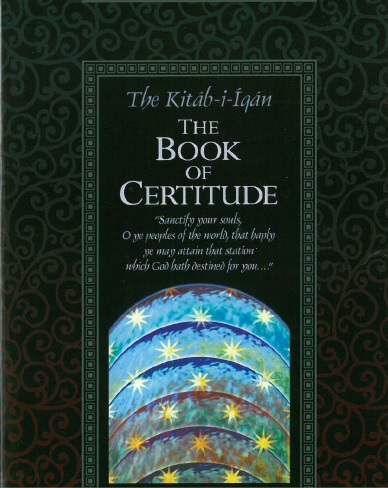


In the Islamic calendar, which is a lunar calendar, the two holy days fall on consecutive days: the birth of the Báb is on the first day of Muharram in 1235 AH (20 October 1819), and the birth of Baháʼu'lláh is on the second day of Muharram in 1233 AH (12 November 1817). Baháʼu'lláh stated that in communities where the majority of the population are Shiʻa Muslims, such as Iran, his followers should exercise caution in celebrating the twin birthdays so that they do not upset the majority of the population who are mourning during the Islamic month of Muharram.

Baháʼís usually observe the holy day with community gatherings where prayers are shared and the birth of Baháʼu'lláh is celebrated. ʻAbdu'l-Bahá, the son of Baháʼu'lláh, stated that during the holy day the community should rejoice together to increase the unity of the community. In questions submitted to Baháʼu'lláh after writing the Kitáb-i-Aqdas, Baháʼu'lláh states that the two days commemorating the births of the Báb and Baháʼu'lláh are seen to be one in the "sight of God" and are referred to as the " Twin Birthdays". īahá'u'lláh was born on 12 November 1817 in Tehran, Iran, and this holy day was instituted in the Kitáb-i-Aqdas, his book of laws, where Baháʼu'lláh first refers to four great festivals: the Festival of Ridván, the Declaration of the Báb, the birth of the Báb-who is considered to be a Manifestation of God, and who foretold the coming of Baháʼu'lláh-and the birth of Baháʼu'lláh. The holy day celebrates the birth of Baháʼu'lláh, the founder of the Baháʼí Faith. The Birth of Baháʼu'lláh is one of nine holy days in the Baháʼí calendar that is celebrated by adherents of the Baháʼí Faith and during which work is suspended. For this reason, in all sacred books mention hath been made of the divines of every age.Second day after the eighth new moon following Baháʼí Naw-Rúz Thus, their eyes beheld not the light of the countenance of the Well-Beloved, nor did their ears hearken unto the sweet melodies of the Bird of Desire. Pon the true Monarchs of the world, those Gems of divine virtue! Content with a transitory dominion, they have deprived themselves of an everlasting sovereignty.


 0 kommentar(er)
0 kommentar(er)
